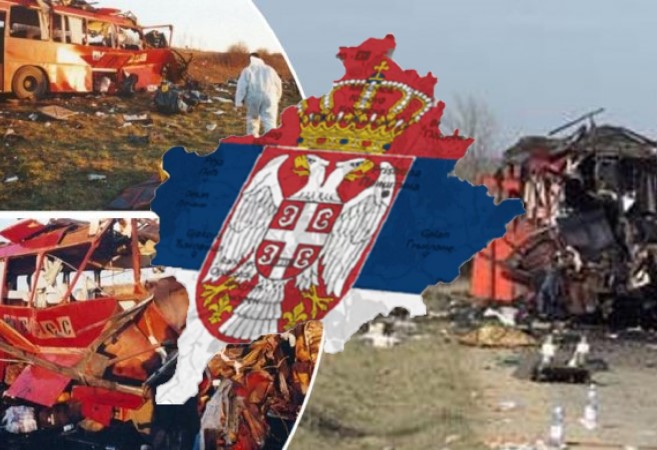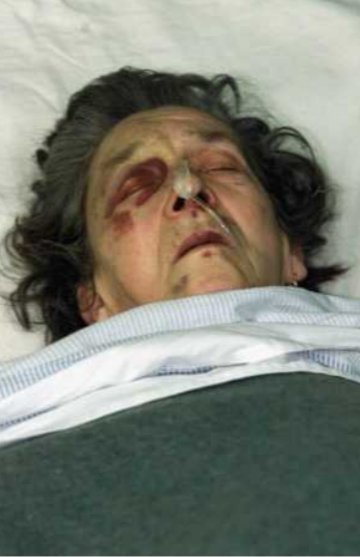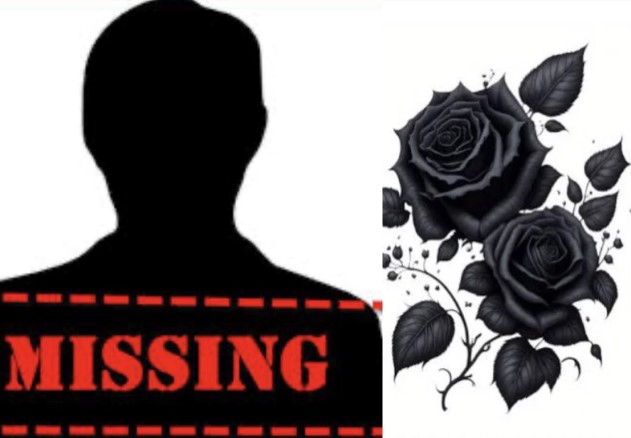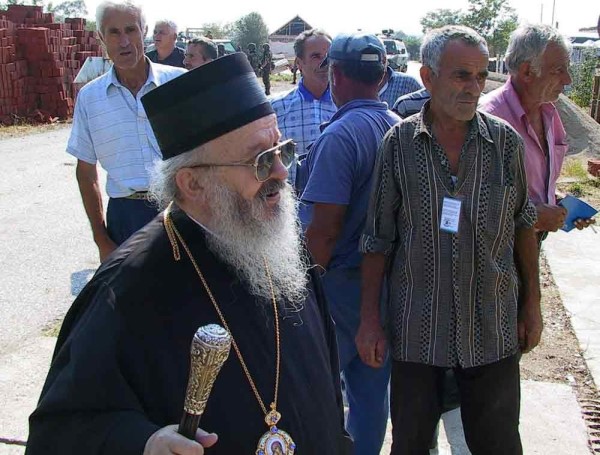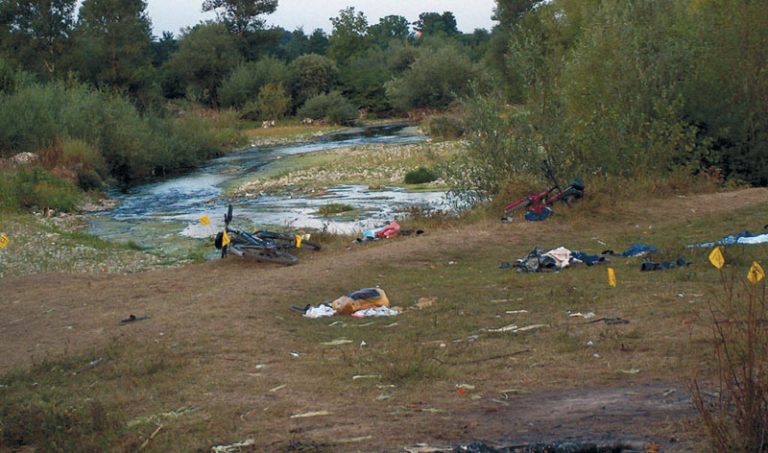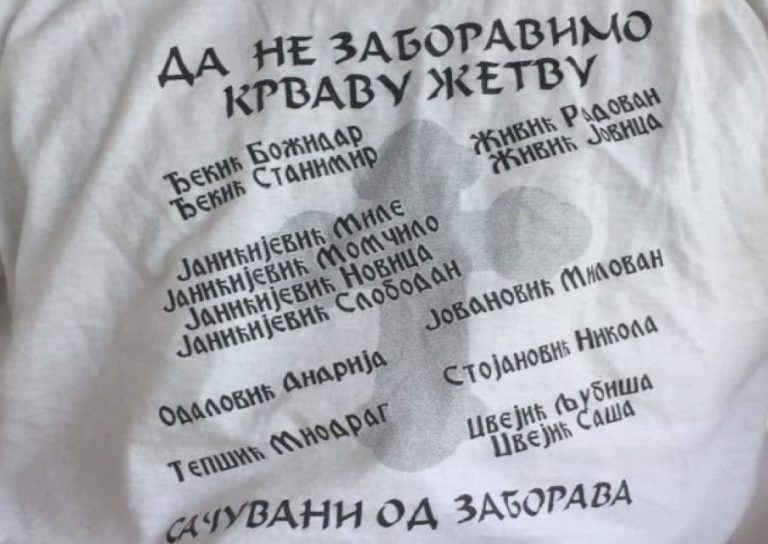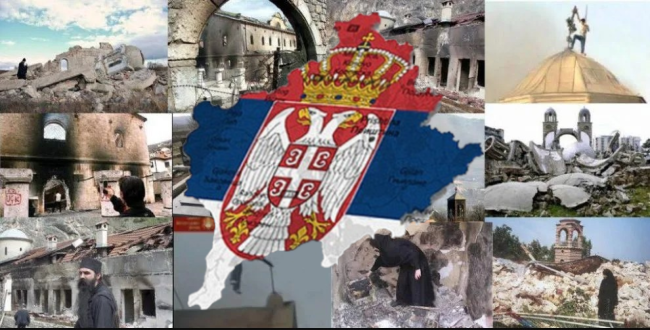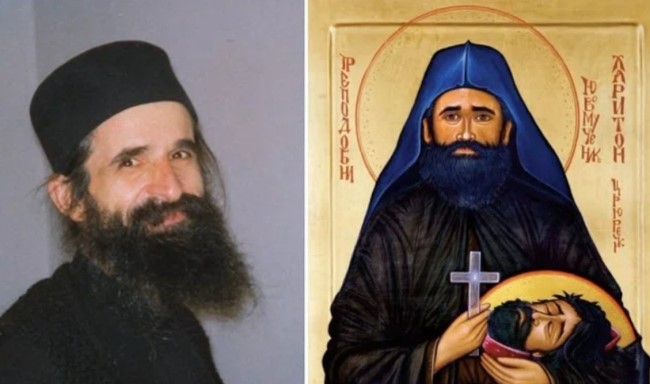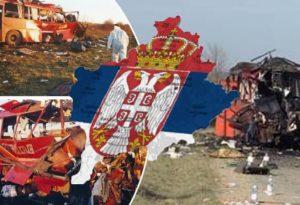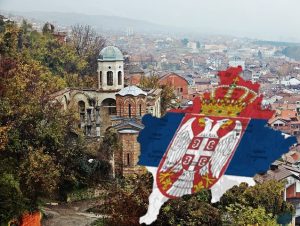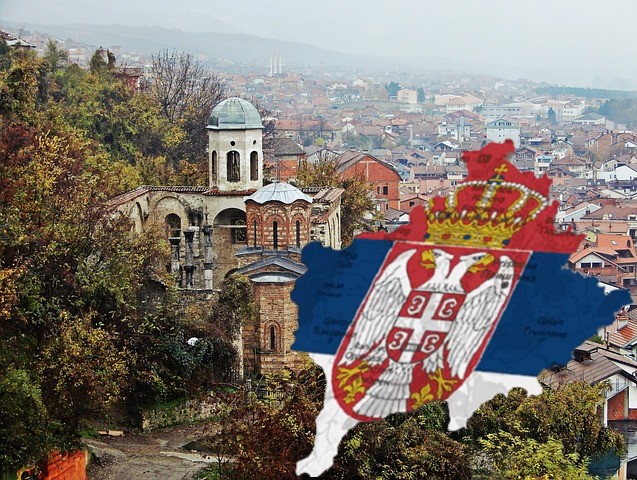
The international administrative civil missions in Kosovo and Metohija (OSCE and EULEX) and the military (KFOR) no longer operate on the ground as status neutral, but act as if Kosovo* is a fully independent and internationally recognized state.
The international administrative civil missions in Kosovo and Metohija (OSCE and EULEX) and the military (KFOR) no longer operate on the ground as status neutral, but act as if Kosovo* is a fully independent and internationally recognized state. Several facts support this claim, including:
1. Refusal to hold general elections of the Republic of Serbia on the territory of Kosovo and Metohija, which according to the valid R1244 is a protectorate under international protection but still a territorial part of Serbia. The obligation of the OSCE and EULEX is to provide conditions for the realization of the electoral process, at least in the enclaves and the northern part of Kosovo and Metohija, where the Serbian population is the majority.
2. EULEX, which is in charge of the rule of law, has completely left the judiciary to the temporary institutions of Kosovo*, so there is no active monitoring of the work of the police and the judiciary, which is supported by the fact that there is no reaction from EULEX to the inhumane treatment of the recently arrested prisoners of Serbian nationality from the north of Kosovo and Metohija who are brutally beaten, some without therapy despite the fact that they are chronically ill, without adequate conditions while they stay in detention centers throughout Kosovo and Metohija because it is difficult for them to communicate, their food is poor, and the bedding they have, as well as the temperature in the cells, is not in accordance with the annual ages. There is no reaction to the arrests and months-long detention of people who come to Kosovo and Metohija to sort out the issue of personal property, which is mostly unfoundedly accused of alleged war crimes, and the investigation, court proceedings and the entire criminal process for the murder of politician Oliver Ivanovic are in the hands of the temporary judiciary.
3. The alienation of both personal and public property owned by Serbs or the Serbian state also passes without reactions from EULEX, as well as the destruction of Serb graves and the disposal of remains from the Orthodox cemetery to the landfill in Mitrovica.
4. Nem was EULEX also for the reaction on the integrated administrative crossings when Kurti defended the passage of trucks with medical equipment and medicines from central Serbia to Kosovo and Metohija and thereby brought the KBC in Mitrovica almost to a humanitarian disaster. No one from EULEX found it necessary to go to the meeting with the management of KBC Mitrovica, but the head of UNMIK, Karoline Zijade, did it. If there had been no reaction from the UN after Ana Brnabić's speech at the UN Security Council session in New York, none of the materials would have been delivered to Kosovo and Metohija.
5. Despite the fragile security in Kosovo and Metohija for the Serbian community, KFOR reduced the number of troops to 4,500 with another 200 soldiers who arrived after the events in Banjska. During the handover ceremony of the KFOR commander, in October of this year, Admiral Stuart Minch, the Pristina commander of the NATO Joint Forces Command in Naples, stated that "the first line of security in Kosovo* belongs to the Kosovo police (?!) which is supported by EULEX, which is the second in a series of responsible and only then comes KFOR as the third responsible if the first two in charge are unable to ensure peace. The function of the police does not primarily belong to KFOR, but should belong to the Kosovo Police*." Bearing in mind these facts, which are only part of the overall inaction of the missions in Kosovo and Metohija, regardless of the internationally binding agreements, the question arises why the initiative to declare the occupation of Kosovo and Metohija is not initiated and the issue of solving the Kosovo-Metohija crisis is returned to the UN General Assembly. Does Serbia have at least one politician who thinks about it, or are they all only concerned with possible future lustrations?


